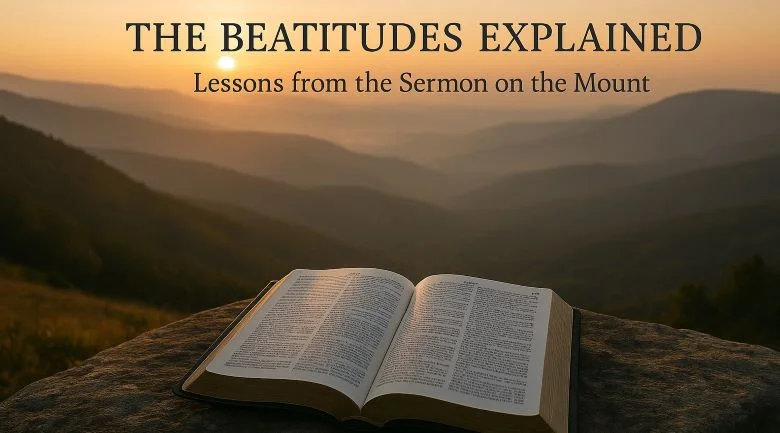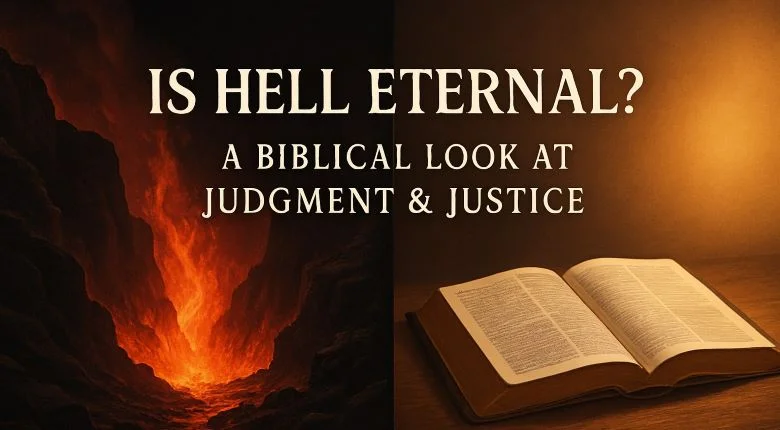Is Jesus the Only Way to God? A Biblical Answer With Love and Truth
In today’s world of religious diversity and spiritual exploration, the claim that Jesus is the only way to God can feel narrow or even offensive to some. But as Christians, we must hold fast to the truth of Scripture—speaking it not with pride or judgment, but with humility, clarity, and love. So, is Jesus truly … Read more










